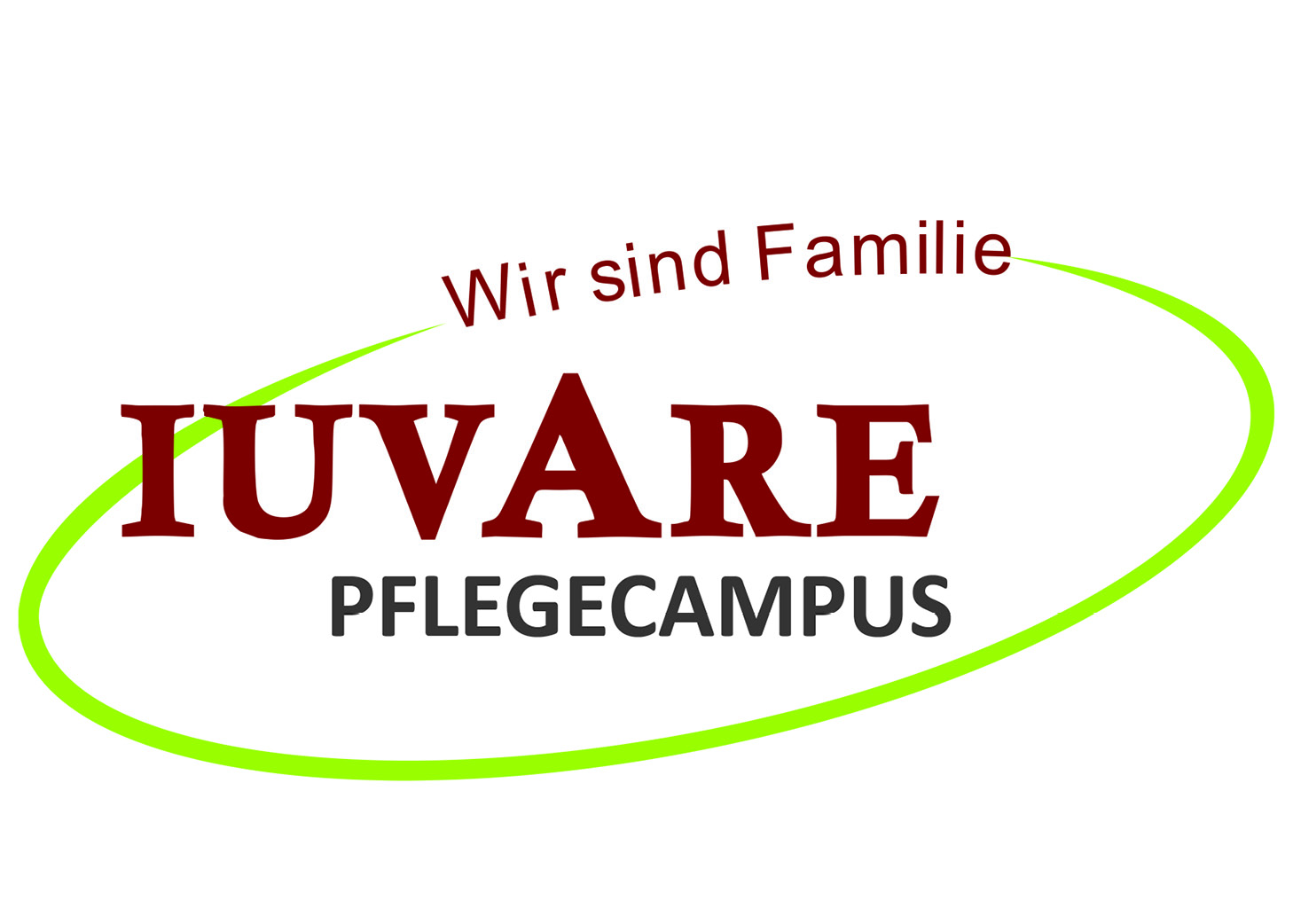Complaints management
Complaints management of
Iuvare Beteiligungs- und Serviceges. mbH
(hereinafter referred to as ‘Iuvare Academy’)
Version from 24/10/2024
Complaint management plays a crucial role at the Iuvare Academy in order to ensure the satisfaction of our participants and partners and to continuously improve the quality of our services. The Whistleblower Protection Act of 31 May 2023 (BGBl. 2023 I No. 140) is observed.
1. Complaints management process
a) Recording the complaint
The first step is to record complaints. The exact information about the reason for the complaint,
the partner or participant concerned and all relevant details are recorded centrally in the CRM system.
b) Categorisation
Complaints are categorised according to their nature and severity in order to correctly assess the urgency and possible correctly assess the urgency and potential impact. This allows urgent concerns to be prioritised and processed quickly.
c) Analysis
The purpose of the analysis phase is to identify the causes of the complaint. Here it is important to to understand the perspective of the partner or participant and to recognise any process deficiencies. This analysis provides valuable information for future improvements.
d) Proposed solution and communication
After the analysis, a solution is offered. Clear and friendly communication is crucial in this phase to avoid is crucial to avoid misunderstandings. Partners or participants should be informed about the processing status of their complaint.
e) Implementing the solution
The proposed solution must be implemented consistently. This can be the improvement of the process, compensation or an improvement in service.
f) Follow-up
After the complaint has been processed, we will always remain in contact with the partner or participant to ensure that they are satisfied with the solution.
No more than three weeks may elapse between receipt of the complaint and a satisfactory solution.
2. contact persons
Our partners can contact Christopher Schulz with their concerns at the e-mail address konflikt@iuvare.de. Our participants can reach Imad Alkhamees at the WhatsApp number 0049(0)179 410 37 28. All managers and integration managers are always in active dialogue with partners and participants. In both of our training centres, there are freely accessible notices with the above-mentioned contact options, which are translated into the languages commonly spoken by the participants.
3. documentation and evaluation
Complete documentation of all complaints received is essential in order to implement long-term improvements in the company. This data serves as the basis for analyses that reveal weaknesses in products, services or processes. Regular analyses of complaints make it possible recognise trends and take proactive measures.
4. continuous improvement
Complaint management should be seen as part of a continuous improvement process (CIP).
Every complaint offers the opportunity to further develop the company. Through regular training of employees and and adjustments to internal processes, the efficiency of complaint management can be continuously improved.

